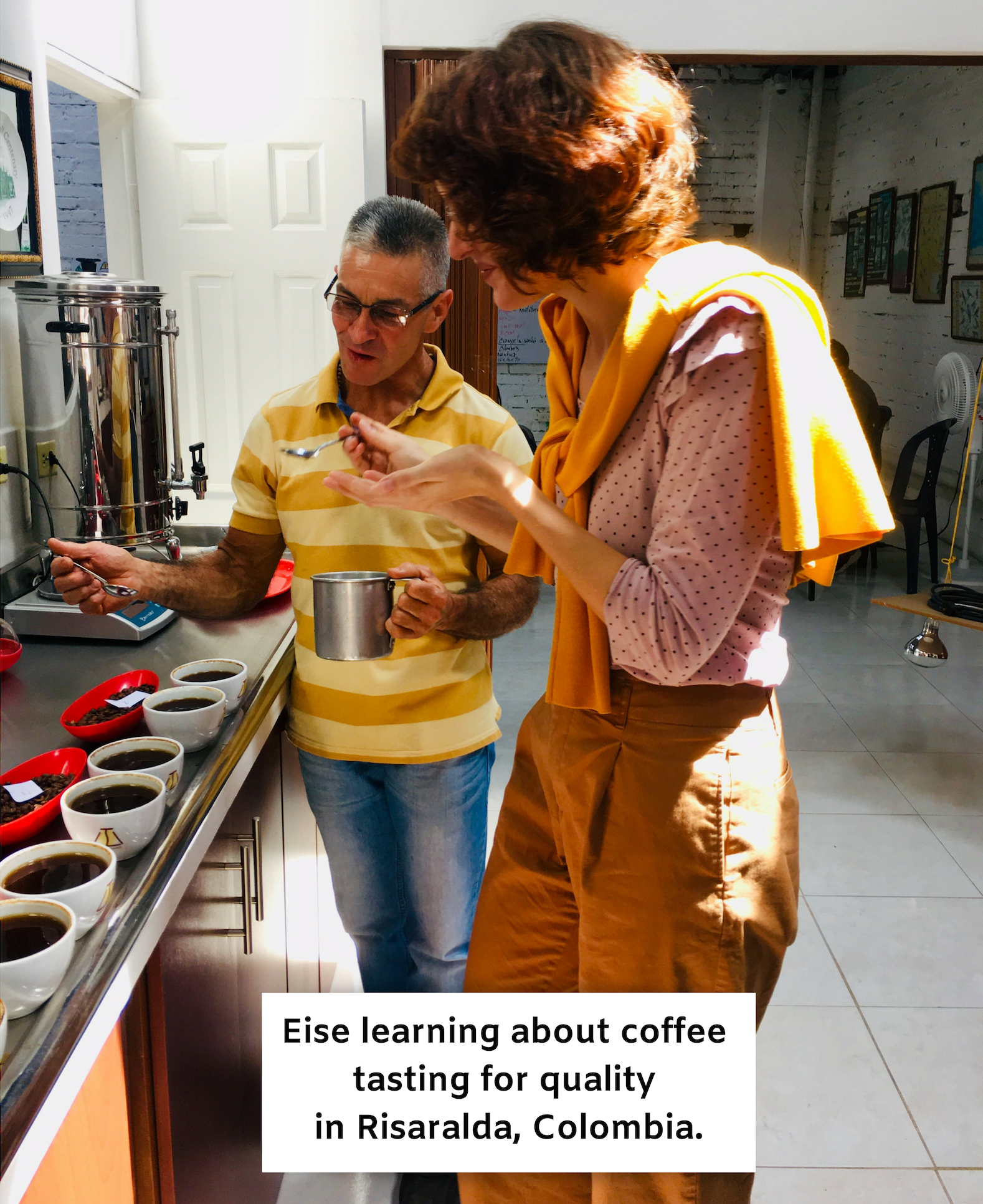College of Liberal Arts Awards Grant Funding to 13 Scholars to Further Excellence in Research

“It is no exaggeration to say that the grant changed the course of my life.” - Global Synergy Grant recipient Jessica Eise
Purdue College of Liberal Arts demonstrated its commitment to excellence in faculty research this fall, awarding over $349,292 in grants to 13 individuals. These CLA grants funded research projects ranging in topic from climate change to racially charged violence in France to gypsy music. “This was more than a grant, but a vote of confidence,” expressed Global Synergy Grant recipient Jessica Eise, “The College of Liberal Arts believed in me and my project enough to put money behind it”. Eise was awarded $19,968 by Global Synergy Research for Students to fund her research on climate change related information networks, focusing on how climate change impacts the lives of Colombian coffee farmers.
Angelica Duran, the 2018 Enhancing Research in the Humanities and Arts Grant recipient, expressed that receiving this funding “foster(ed) (her) commitment to a rather ambitious project” as well as “strengthen(ed) (her) commitment to and delight with Purdue as (her) home institution”. Duran received $31,900 in funding from the College to study and contribute to the canon of the works of 17th century English poet John Milton.
The wide range of research topics funded by these recent grants reflects the College of Liberal Art’s commitment to promoting diversity and research. Read more about the 2018 College of Liberal Arts Grant Recipients and their research below.
Fall 2018 College of Liberal Arts Grant Recipients
Jessica Eise was funded by Global Synergy Research for Students ($19,968), within the Communications program, to study climate change related information networks.
Meghana Rawat was funded by Global Synergy Research for Students ($19,160), within the Communications program, to study culture and communication in regards to women’s health in India.
Amanda Veile was funded by Global Synergy Research for Faculty ($25,005), within the Anthropology program, to study healthcare access for indigenous peoples in Peru.
Elena Benedicto was funded by Global Synergy Research for Faculty ($27,123), within the English program, to study sign languages among those in the deaf community in Puerto Rico.
Dino Felluga was funded by Enhancing Research in the Humanities and Arts ($37,080), within the English program, to study the Pre-Raphaelite movement and its influence on the Aesthetic movement.
Katie Brownell was funded by Enhancing Research in the Humanities and Arts ($27,856), within the History program, to study the centrality of media to the understanding of American political history and development.
Angelica Duran was funded by Enhancing Research in the Humanities and Arts ($31,900), within the English program to study and contribute to the canon of the works of 17th century English poet John Milton.
Lynn Hooker was funded by Enhancing Research in the Humanities and Arts ($30,219), within the Design, Art and Performance program, to study Hungarian Gypsy music.
Michele Buzon was funded by Exploratory Research in Social Science ($52,030), within the Anthropology program, to study identity expression in an ancient pluralistic society located at the Egypt-Nubia frontier in the Nile River Valley.
Alejandro Cuza-Blanco was funded by Exploratory Research in Social Science ($42,362), within the School of Languages and Cultures program, to study bilingual communities.
Jean Beaman was funded by Exploratory Research in Social Science ($36,589), within the Sociology program, to study state-sponsored violence against racial and ethnic minorities in France and how activists mobilize against racism.
Daniel Kelly was supported by the Faculty Development Center for Humanistic Studies (assigned to work on project full-time for one semester), within the Philosophy program, to study modern individualism and its significance for the understanding of human nature.
Rebekah Klein-Pejsova was supported by the Faculty Development Center for Humanistic Studies (assigned to work on project full-time for one semester), within the History program, to study how Hungarian, Czech, and Slovak Jewish survivors sought to protect themselves and rebuild their shattered lives vis-a-vis the consolidating Cold War state system.